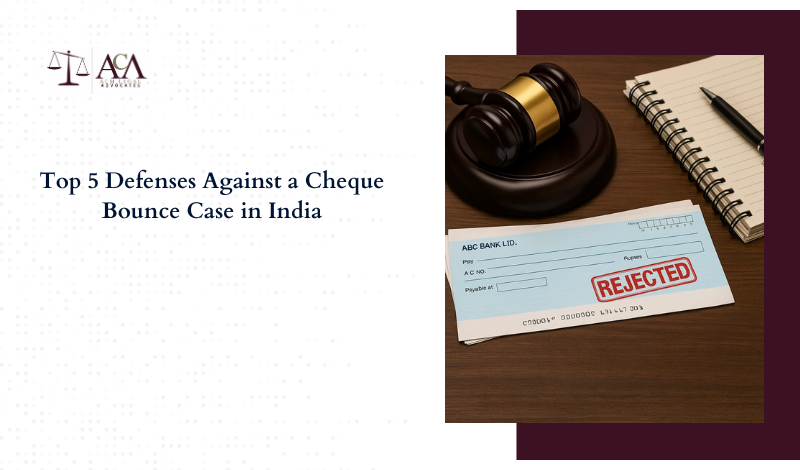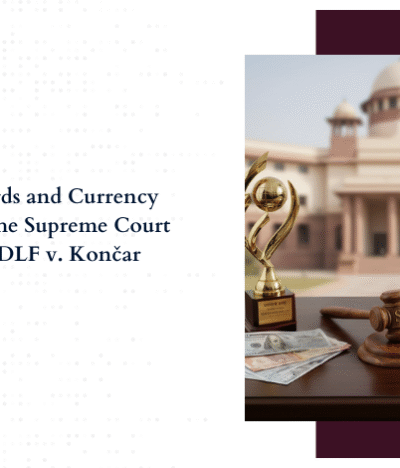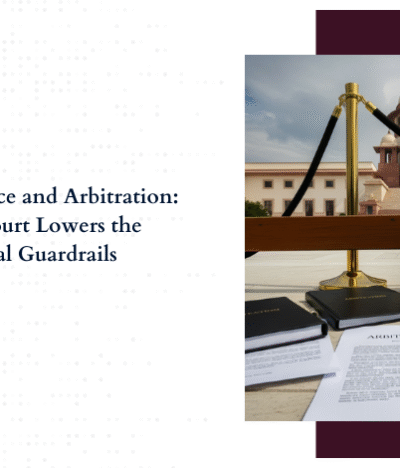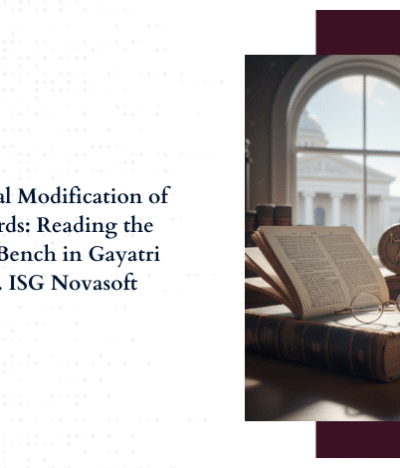Cheque bounce cases under Section 138 of the Negotiable Instruments Act, 1881, are criminal in nature and can lead to imprisonment and fines. However, the law provides several defenses that an accused can employ to contest such allegations.
1. Absence of Legally Enforceable Debt or Liability
A fundamental requirement under Section 138 is that the cheque must have been issued in discharge of a legally enforceable debt or liability. If the accused can demonstrate that no such debt or liability existed at the time of cheque issuance, the prosecution’s case may fail. This defense was upheld in Parveen Mehta v. Vishal Joshi, where the Punjab & Haryana High Court acquitted the accused, noting that mere admission of signature on the cheque is insufficient for conviction without proof of a subsisting debt.
2. Cheque Issued as Security and Not for Discharge of Debt
A common and legally valid defense is that the cheque was issued merely as a security instrument and not towards repayment of any actual debt or liability. If it is proven that the cheque was post-dated or handed over as a part of a future arrangement or as security for a conditional transaction, the case under Section 138 may not sustain.
In Sampelly Satyanarayana Rao v. Indian Renewable Energy Development Agency Ltd., the Supreme Court clarified that if the loan had not become due at the time of cheque issuance, it would not fall under Section 138. The drawer’s liability must be legally enforceable on the date the cheque is drawn.
3. Cheque Presented Beyond Validity Period
A cheque is legally valid for presentation within a period of three months from the date it is drawn. If the complainant presents the cheque after this statutory period, the dishonour cannot attract penal liability under Section 138 of the Negotiable Instruments Act.
This defense was upheld in Shri Ishar Alloy Steels Ltd. v. Jayaswals Neco Ltd., where the Supreme Court held that presenting a stale cheque beyond its validity period would not fulfill the conditions necessary for invoking Section 138. The limitation period must be strictly construed in favour of the accused.
4. Non-Compliance with Statutory Notice Requirements
Section 138 mandates that the payee must issue a demand notice in writing within 30 days of receiving information from the bank regarding the dishonour of the cheque. Further, the drawer must be granted 15 days to make the payment from the date of receipt of such notice. Failure to comply strictly with these timeframes can invalidate the prosecution.
In K. Bhaskaran v. Sankaran Vaidhyan Balan, the Supreme Court laid down the importance of timely notice and provided that the absence of a valid notice or proof of service can be fatal to the complainant’s case. The burden of proving due service lies with the complainant.
5. Material Alteration of the Cheque
Any material alteration on the cheque—such as changes to the date, amount, or payee’s name—without the drawer’s consent renders the instrument void under Section 87 of the Negotiable Instruments Act. If the accused can demonstrate that the cheque was altered after issuance without their knowledge or approval, the complaint under Section 138 cannot be sustained.
In Gogulapati Lokeswara Rao v. State of Andhra Pradesh, the High Court ruled that once a cheque is materially altered without the drawer’s consent, it loses its legal sanctity, and no penal liability can be fastened under Section 138.
Conclusion
Cheque bounce cases invoke strict liability; however, the law equally protects accused individuals through well-recognized defenses. The burden initially lies on the complainant to establish the existence of a legally enforceable debt and proper compliance with procedural mandates. Conversely, the accused may rebut the presumption under Section 139 of the NI Act through credible evidence and cross-examination.
Judicial pronouncements have consistently reaffirmed that criminal prosecution cannot be used as a tool for undue enrichment or to enforce non-existent liabilities. A well-strategized defense, supported by documentary evidence and legal precedent, remains a robust safeguard against frivolous or malafide complaints.






